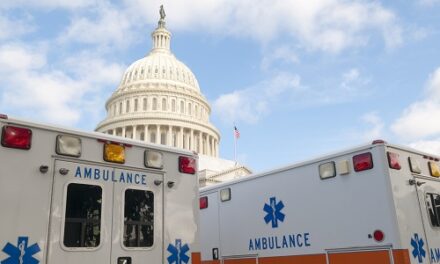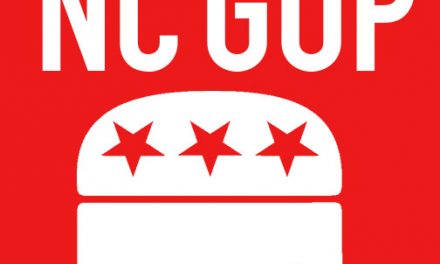In addition to seeing prescription costs increase under Medicare D, now, seizures of rx’s from foreign coutries have been increasing, according to the LA Times.
As written earlier,
a package of 10 popular medications bought in Chicago under Medicare’s drug program cost 65 percent more than a similar package purchased at Canadian drugstores.
Now, according to Canadian pharmancies, shipments of rx to the US have been increasingly intercepted at points where foreign mail is processed. Canadian pharmacies further believe U.S. authorities timed the latest seizures to coincide with the Jan. 1 launch of Medicare D.
According to Barney Britton, president of Calgary-based MinitDrugs, there have been over 800 seizures in January. He further stated
“I think, quite frankly, that [U.S. authorities] see an opportunity…They know that this would probably be the most vulnerable time for us.”
continued
Canadian pharmacies claim that the increases in rx seizures by US customs began in November, increased in December, and doubled in January.
And in Minnesota, Minnesota, the first of several states to make cheaper Canadian drugs more readily available, agreed with the reports from north of the border. Brian McClung, a spokesman for Minnesota Gov. Tim Pawlenty stated that
seizures increased in late December from less than 1% to about 4% of shipments.
Although ordering rx’s from a foreign country is now illegal, the practice has generally been tolerated. Despite the increase in the number of rx’s confiscated,
there is supposedly no crackdown since Medicare D took effect.
Lynn Hollinger, a spokeswoman for U.S. Customs and Border Protection claims that
“It’s not a special effort other than our normal enforcement.”
Anti-cholesterol pills and glaucoma eyedrops for Samuel Robert Greenberg, a Laguna Niguel retiree, were siezed last month. He and his wife had purchased their prescriptions from Canadian pharmacies for a few years without any difficulty until now.
Greenberg is understandably angry.
“It’s [the increase in rx seizures are] despicable..They are playing with people’s lives…[such seizures were a waste of government resources]…Forget about the heroin…They are going to stop the Lipitor.”
Increased enforcement — after years of looking the other way — would be irresponsible, according to Andy Troszok, president of the Canadian International Pharmacy Assn. He further stated that
“It’s an issue of patient safety…We’re not talking about Viagra and narcotics abuse. We are talking about people with breast cancer, heart disease and diabetes and are established on medication. Who is going to be liable for these people going off medical regimens and suffering or even dying?”
And according to the Houston Chronicle that is apparently what some people are deciding to do. Charlotte and Walter Kuglin, both retired and living on a fixed income, are not signing up for a Medicare D policy. Other seniors prefer the ease of shopping by mail over going to the drugstore. And they are not worried about paying a penalty if they sign up for the Medicare program after the May 15 deadline.
In 2004, a study by the Kaiser Family Foundation found that 25% of eligible seniors — as many as 7.4 million people — could pay less buying drugs on their own. And in October, another study by the Kaiser Family Foundation warned that if many relatively healthy seniors opt out of Medicare D, it could be in trouble.
When the administration estimated the costs of the program, it assumed that most eligible seniors would sign up, with healthy seniors balancing sicker retirees who need more drugs, said Tricia Neuman, director of the foundation’s Medicare policy project.
Neuman added
“If the group that signs up has substantially higher average costs than the pool of eligible people, then premiums would rise faster than the administration projected.”
Per industry consultant Robert Laszewski,
“Every time you raise rates, you chase more healthy people out of the system.”
Medicare drug coverage could also be unprofitable for some of the insurance companies that are offering the plan. The result could cause Medicare D to reach what economists call the “death spiral.”
It’s unclear how many seniors have decided to opt out of the program. Health and Human Services administrators recently said the number of people enrolled as of Jan. 1 was “on track” to reach their goal of at least 28 million by May 15.
But some insurance experts and health care advocates say it is troubling that of the 14.3 million people enrolled at the start of the year, only 3.6 million had signed up on their own. The rest were automatic transfers from state Medicaid rolls or already had drug coverage through Medicare Advantage HMOs.
And, as written earlier,
the numbers are conflicting.
CMS includes about 10 million federal retirees and Medicare-age retirees who receive prescription drug coverage through their former employers. But neither group gets its drug benefit directly from Medicare.





